Proxmox is an open-source virtualization platform that allows users to create and manage virtual machines and containers. One of the benefits of Proxmox is its ability to automate tasks using helper scripts. Helper scripts are small programs that automate routine tasks, such as backups and migrations, and make managing it much easier.
This blog post will discuss Proxmox scripts, how they work, and some examples of Proxmox helper scripts you can use to automate tasks in your environment.
What are Scripts?
Scripts are small programs that automate tasks in an environment. These scripts can be written in various programming languages, including Bash, Python, and Perl. Helper scripts can perform various automation tasks, such as creating backups, migrating virtual machines, and managing network configurations.
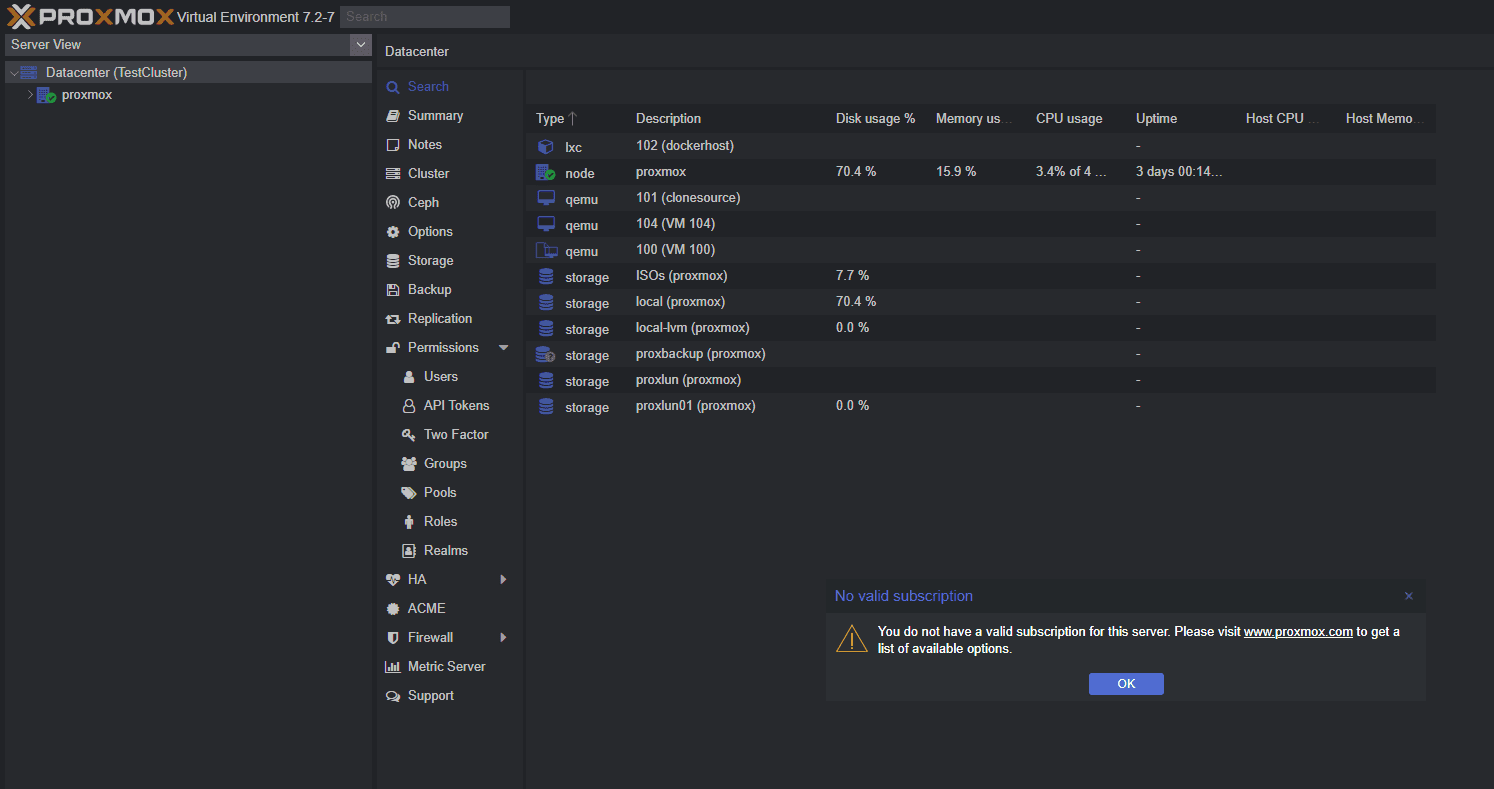
Helper scripts are typically run from the command line and can be run manually or scheduled to run automatically at specific times. Helper scripts can also be integrated with other tools like monitoring software to provide additional functionality.
How do Scripts work?
Proxmox scripts work by interacting with the API. The API is a RESTful API that allows users to interact with the Proxmox environment programmatically. Helper scripts can use the API to perform various tasks, such as creating virtual machines, modifying network configurations, and managing backups.
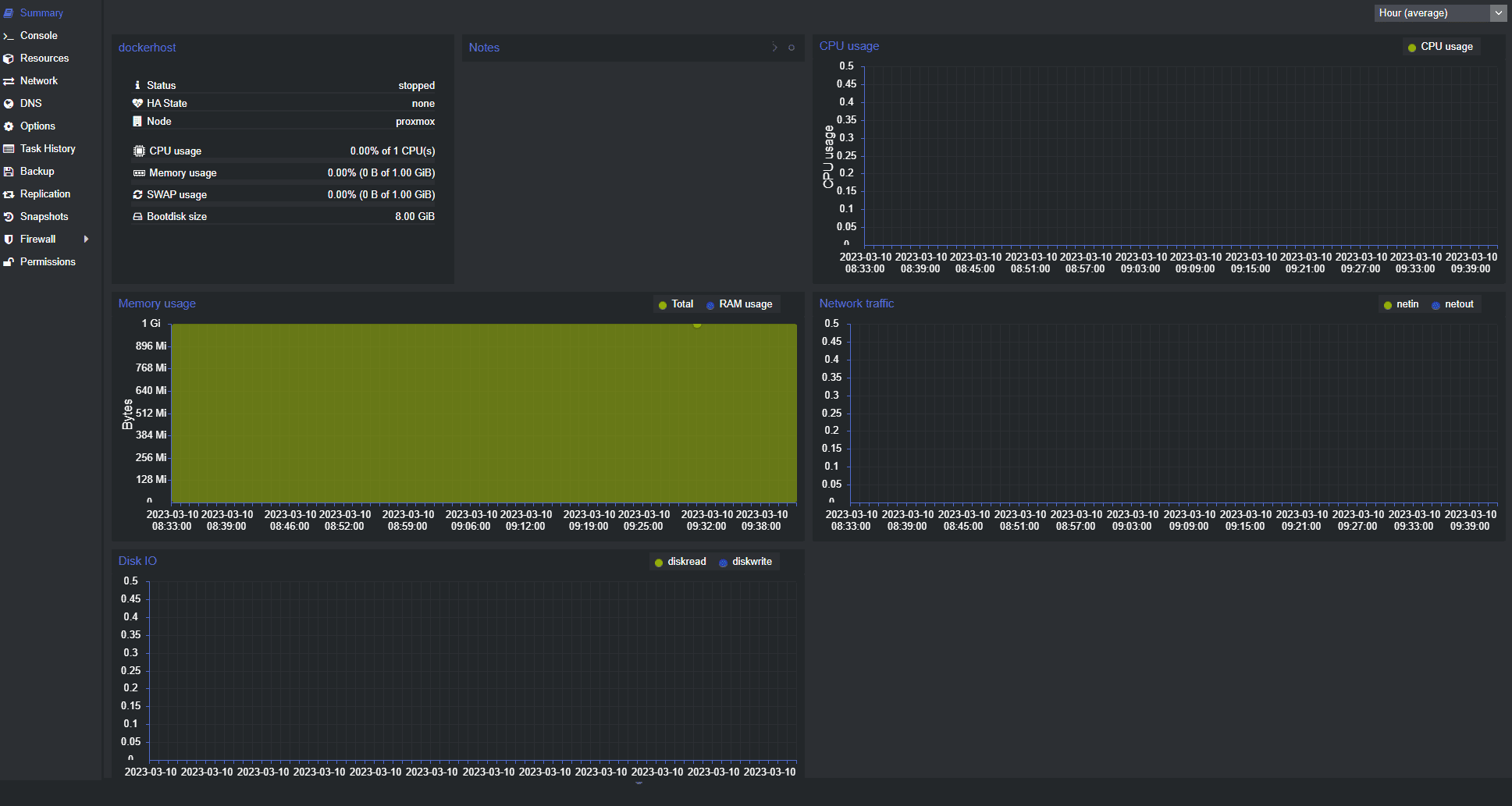
Helper scripts can be run from the host or another machine on the network and allows admins to do this with due diligence. When a helper script is run, it typically prompts the user for input, such as the virtual machine’s name to be created or the backup file name. Once the necessary information is provided, the script interacts with the API to perform the desired task.
Examples of Scripts
There are many great scripts from third-party sites that are easy to find. Sourcing scripts from blogs, videos, and other resources is a great way to find scripts useful for VM or LXC management in your Proxmox environment. However, there are many other types of useful Proxmox scripts, including the following without the need to install any components or have any other prerequisites installed:
Backup script
One of the most common tasks that users perform in a Proxmox environment is creating backups of virtual machines. The Backup Script automates this task by creating backups of selected virtual machines and storing them in a specified location.
The script prompts the user for the name of the virtual machine to be backed up and the location where the backup should be stored. Once the necessary information is provided, the script uses the API to create a backup of the specified virtual machine and store it in the specified location.
Note the following code examples. Please note that these scripts are just examples and may need modification to work in your specific environment without error when loading. Additionally, it is important to always test scripts in a non-production environment before running them in a production environment.
Backup Script:
#!/bin/bash
read -p "Enter the name of the virtual machine to be backed up: " vm_name
read -p "Enter the backup file name: " backup_file
# Backup the specified virtual machine to the specified backup file
qm backup $vm_name $backup_file
You can then restore from the backup file.
Migration Script
Another common task in an environment is migrating virtual machines from one host to another. The Proxmox Migration Script automates this task by migrating selected virtual machines from one Proxmox host to another.
The script prompts the user for the name of the virtual machine to be migrated and the name of the target host. Once the necessary information is provided, the script uses the API to migrate the specified virtual machine to the specified target host.
Migration Script:
#!/bin/bash
read -p "Enter the name of the virtual machine to be migrated: " vm_name
read -p "Enter the name of the target host: " target_host
# Migrate the specified virtual machine to the specified target host
qm migrate $vm_name $target_host
Firewall Script
Proxmox Firewall Script is a script that automates the configuration of the firewall rules efficiently in an environment. The script prompts the user for the IP address and port number to be blocked or allowed. Once the information is provided, the script uses the Proxmox API to configure the firewall rules accordingly.
Firewall Script:
#!/bin/bash
read -p "Enter the IP address to be blocked/allowed: " ip_address
read -p "Enter the port number to be blocked/allowed: " port_number
read -p "Enter 'block' to block the IP address/port combination or 'allow' to allow it: " action
if [ $action == "block" ]; then
# Block the specified IP address and port number
pvesh set /cluster/firewall/iptables -ipfilter "in,${ip_address},tcp,dport=${port_number},j=DROP"
echo "IP address ${ip_address} blocked on port ${port_number}"
elif [ $action == "allow" ]; then
# Allow the specified IP address and port number
pvesh set /cluster/firewall/iptables -ipfilter "in,${ip_address},tcp,dport=${port_number},j=ACCEPT"
echo "IP address ${ip_address} allowed on port ${port_number}"
else
echo "Invalid action specified. Please enter 'block' or 'allow'."
fi
Benefits of Scripts
Script automation is a powerful tool that automates routine tasks in a Proxmox environment. These scripts can be written in various programming languages, and they interact with the Proxmox API to perform tasks such as creating backups, migrating virtual machines, and managing network configurations.
Users can save time and streamline their workflows by using helper scripts. With the examples in this blog post, you can create helper scripts to automate tasks in your Proxmox environment. You can create custom scripts that meet your specific needs with some programming knowledge.
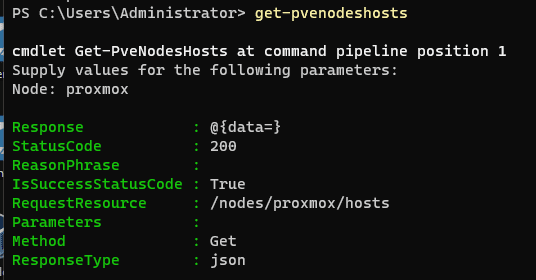
Additionally, many online resources provide pre-built scripts that you can use to automate tasks. Proxmox provides a GitHub repository containing a collection of useful helper scripts you can use as a starting point for your own scripts. Additionally, there are many online communities, such as the forum, where users share their scripts and offer support to others.
Scripts FAQs
Why are helper scripts important? Scripts are a great way to introduce automation into your environment. Using scripting and automated tasks helps to make operations much more streamlined, effective, and repeatable.
What technologies can you use for Scripts? You can use built-in Bash scripting for automation, Ansible configuration management, or even PowerShell works well for automated environments.
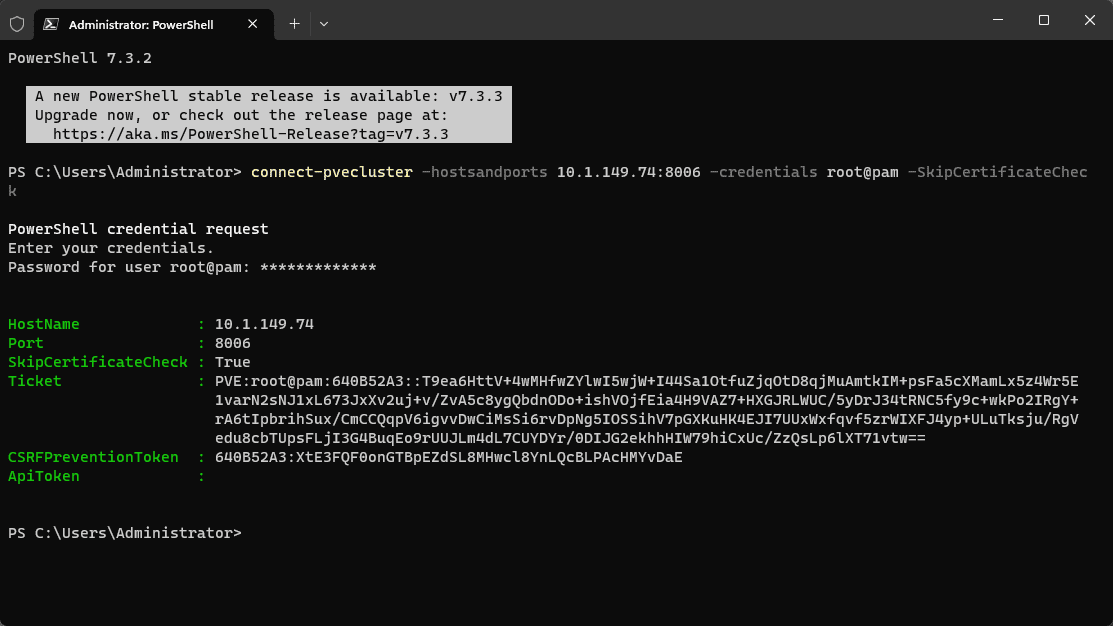
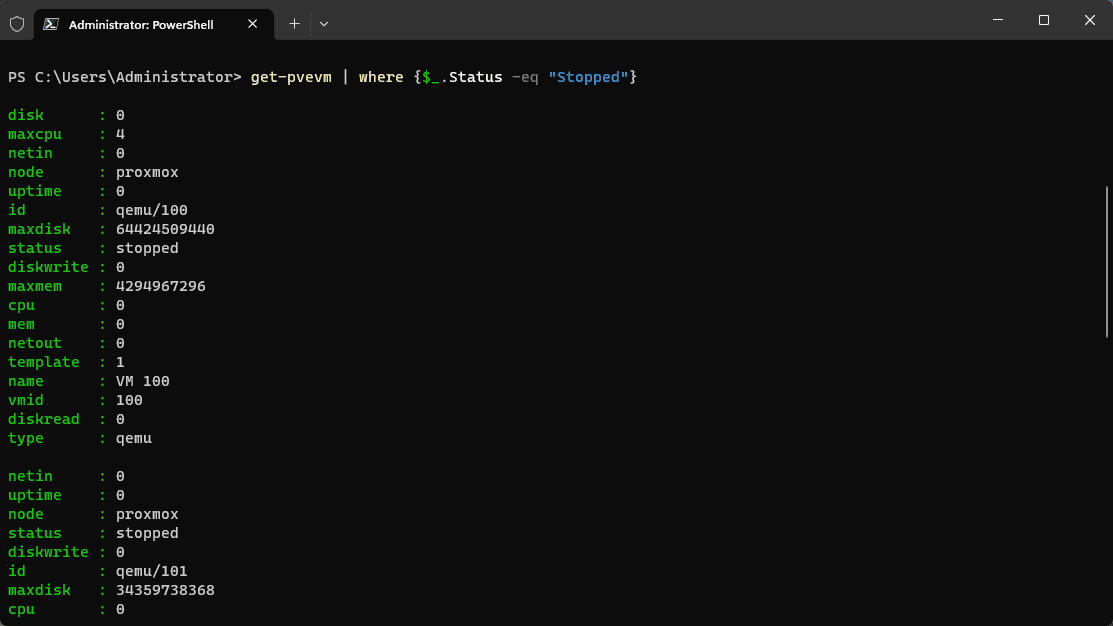
Why use Proxmox in your environment? It is a great hypervisor with many features and capabilities for running home labs or production workloads.
Wrapping up
Proxmox helper scripts are essential for managing and automating tasks in an environment. By leveraging the power of the API, users can create custom scripts that automate routine tasks and save time.
Whether you are a seasoned user or a newcomer to virtualization, learning how to use helper scripts can help you streamline your workflow and get the most out of your Proxmox environment.


0 Comments